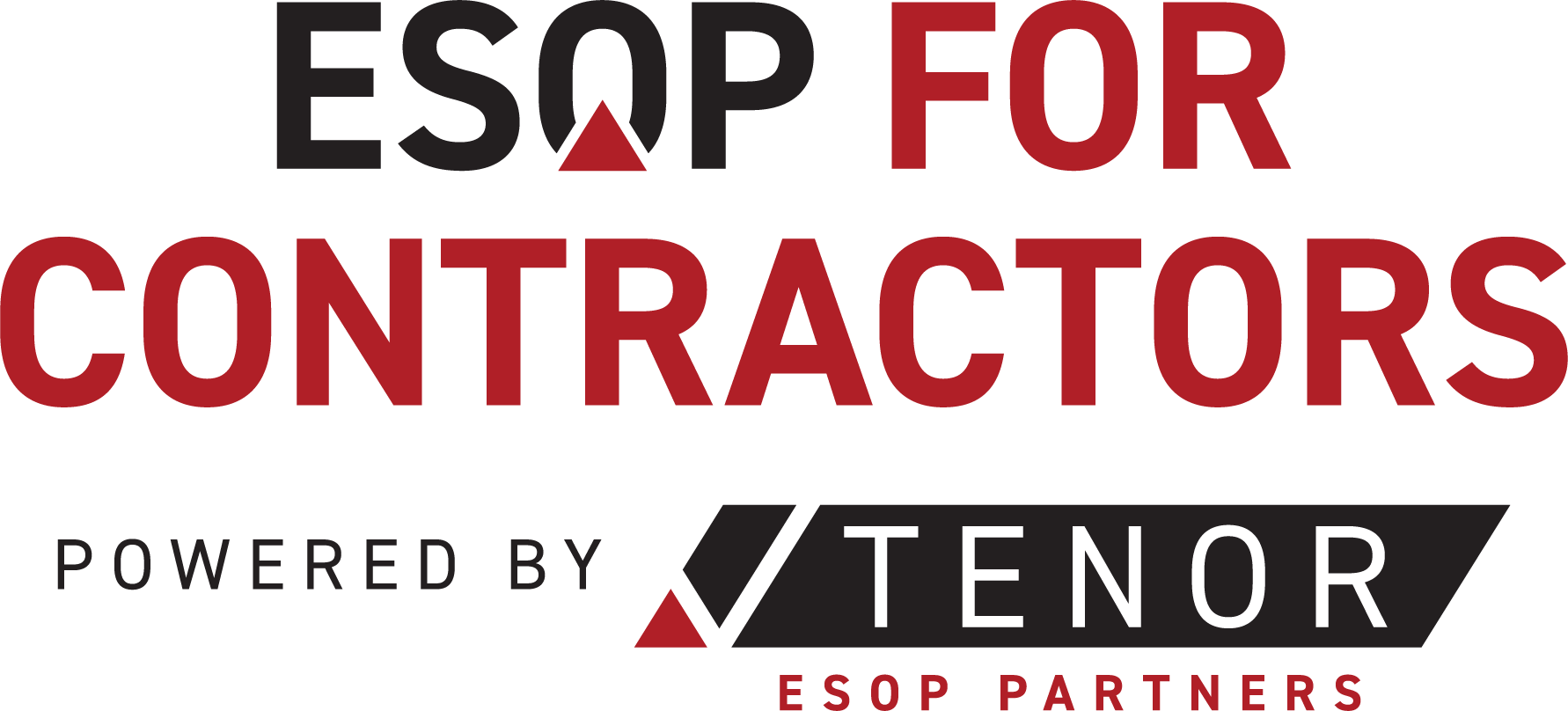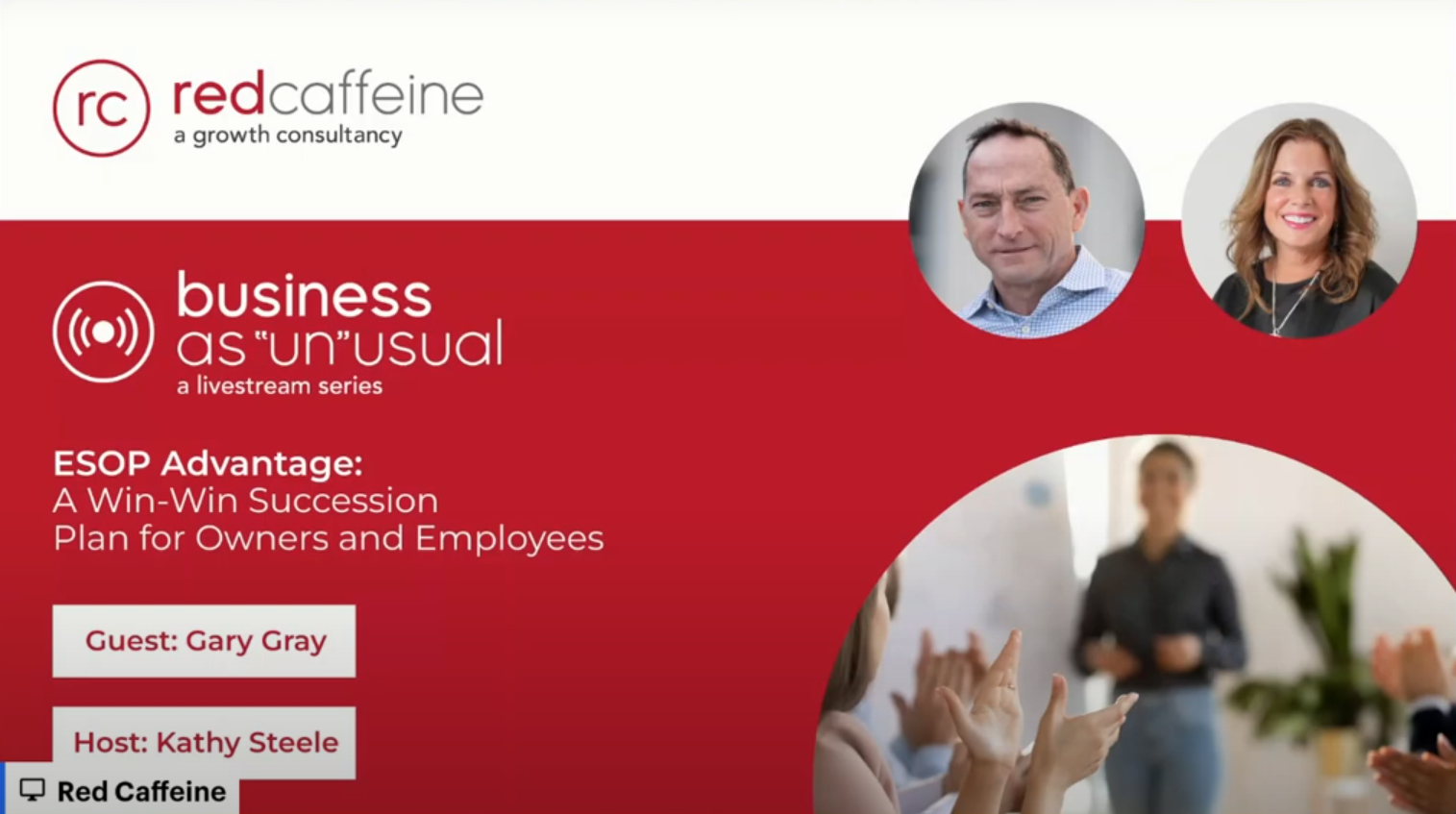Employee Retention Challenges in Modern Contracting Industries
Last Updated: 12/17/2024
Written by: Gary Gray
The New Reality in Contractor Workforce Management
If you're running a contracting business today, you're facing workforce challenges your predecessors never imagined. Beyond the basic challenge of finding skilled workers, you're dealing with fundamental shifts in what employees expect from their employers and how they view their careers.
More Than Just Competitive Pay
While competitive wages remain important, today's contracting workforce looks for more than just a good paycheck. Your skilled project managers, superintendents, and trades professionals are evaluating potential employers based on a whole new set of criteria.
The Hidden Costs of Employee Turnover
When you lose a key employee, you're losing more than just a worker. You're losing relationships with clients, knowledge of your systems and standards, and the investment you've made in training. In contracting, where project success often hinges on team continuity, these losses hit particularly hard.
Project Continuity at Risk
Every time a key team member leaves, you face disruption across multiple projects. Your remaining staff must stretch thinner, potentially affecting quality and timelines. Meanwhile, clients grow concerned about project stability, and your ability to bid new work may be compromised.
Institutional Knowledge Walking Out the Door
In contracting, success often depends on understanding the nuances – which clients need extra attention, how to navigate specific municipal requirements, or where the typical pitfalls lie on certain types of projects. When experienced employees leave, this valuable knowledge leaves with them.
Today's Retention Challenges
Career Path Uncertainty
Your younger employees want to see a clear path forward. Without visible opportunities for advancement, they're more likely to look elsewhere, even if they're satisfied with their current role.
Work-Life Balance Expectations
While construction and contracting have traditionally demanded long hours and high availability, newer workforce entrants are pushing back against these expectations. Finding the balance between project demands and employee flexibility has become increasingly complex.
Training Investment Dilemma
You need to invest in training to keep your team current with new technologies and methods. But the more you invest in employee development, the more attractive they become to competitors – creating a difficult balance between development and retention.
The Leadership Challenge
As a contractor, you face a unique challenge: maintaining the high standards and work ethic that built your business while adapting to changing workforce expectations. This balance becomes particularly crucial when managing multiple generations of workers with different perspectives on work and career advancement.
Building a Stronger Retention Strategy
Rethinking Career Development
Modern retention strategies need to offer clear growth paths. This means creating visible advancement opportunities and helping employees understand how they can progress within your organization.
Strengthening Your Culture
Company culture matters more than ever. Your employees want to feel connected to something bigger than just their daily tasks. They want to understand how their work contributes to the company's success and their own professional growth.
Creating True Buy-In
The most successful contractors are finding ways to give employees a real stake in the company's success. When employees feel like true partners in the business, their perspective on longevity changes dramatically.
Protection Through Structure
Your business structure itself can play a crucial role in retention. Forward-thinking contractors are discovering that certain ownership structures naturally create stronger employee engagement and loyalty, leading to better retention rates.
The Next Steps
The future belongs to contracting companies that can adapt their retention strategies while maintaining the high standards that built their success. This means thinking beyond traditional approaches to create an environment where your best people want to stay and grow with your company.
Connect with our team to learn how leading contractors are solving today's retention challenges while building stronger, more resilient businesses.
How to get started
Getting started with an Employee Stock Ownership Plan (ESOP) can transform your contracting business, unlocking potential for growth and ensuring lasting value for everyone involved. At ESOP for Contractors, we understand the intricacies of the process, from assessing your company's current status to designing a tailored ESOP that aligns with your goals. Our leadership team knows firsthand how to create winning strategies that benefit both owners and team members alike. If you're curious about how an ESOP could enhance your business's future, we invite you to reach out for a free consultation. Let’s explore how we can help you achieve sustainable success together!
Your Point Of Contact

Gary Gray
ESOP for Contractors was founded by Gary Gray, an experienced ESOP CEO who has firsthand experience in navigating the post-transaction landscape, maximizing the value of an Employee Ownership Culture and ultimately achieving nearly 3x growth in five years following the ESOP transaction. At ESOP for Contractors, we have helped owners craft the perfect kickoff message to announce the new business structure, facilitated the formation of effective boards with independent directors, provided the quick resource to answering the tactical questions that quickly emerge in the new ESOP environment and successfully executed succession plans on the selling shareholders' timeline.
Book a Free Consultation
Interested in a free consultation for your contracting business? Send us a message - We’re here to help.
Thank you for contacting us! We’ve received your message and will get back to you as soon as possible. If you need immediate assistance please call us at 404-849-0244.
Please try again later
ESOP FAQ's
What is an ESOP?
An ESOP is a qualified retire plan that invests solely in the stock of the sponsoring company. Over time, employees accumulate shares, which they can cash out upon retirement, departure, or under other circumstances defined by the plan.
How does an ESOP work?
- Formation of the ESOP Trust: A company sets up an ESOP trust, which will purchase the shares on behalf of employees. The company typically funds this trust through future earnings.
- Financing the ESOP: The ESOP trust can buy shares solely through future earnings or by borrowing money. The company then repays the loan, with tax-deductible contributions, over time.
- Allocation to Employees: Shares in the ESOP trust are allocated to individual employee accounts, based on total employee compensation.
- Vesting Schedule: Employees earn the right to the shares over a vesting period, which can range from three to six years or more, incentivizing them to stay with the company.
- Exit and Distribution: When employees leave the company, retire, or otherwise separate, the company buys their shares back at fair market value, providing them with a significant retirement benefit.
Why should I consider an ESOP for my business?
- Succession Planning: ESOPs provide an orderly and flexible exit strategy for business owners who want to retire without selling to outside buyers.
- Tax Advantages: ESOPs offer substantial tax benefits. Contributions used to repay the ESOP loan are tax-deductible, and owners selling to an ESOP in a C corporation can defer capital gains taxes under certain conditions. An S-Corp ESOP structure offers substantial tax advantages, including the ability to eliminate or greatly reduce federal income taxes, make deductible contributions to the ESOP, and potentially defer capital gains tax on stock sales through certain strategies.
- Employee Motivation and Retention: ESOPs can boost employee morale, productivity, and loyalty because employees have a direct stake in the company’s success.
- Preservation of Company Culture: Selling to an ESOP ensures that the business remains in the hands of those who understand and value its culture, which is often a key concern for founders.
- Access to Financing: ESOP-owned companies may have better access to financing due to tax advantages, which improve cash flow and make loan repayment more manageable.
What's the role of consultants for an ESOP?
Determining if an ESOP is a Good Fit
- Initial Feasibility Analysis: Consultants will conduct a feasibility study to determine if an ESOP is viable for the business. This includes reviewing the company's financial health, valuation, and assessing the impact on cash flow.
- Understanding Objectives: Consultants work closely with business owners to understand their goals, whether they are focused on succession planning, employee engagement, or tax efficiency.
- Employee and Cultural Fit Assessment: Consultants evaluate if the company's culture and employee base are well-suited for an ESOP. Employee education and buy-in are critical for ESOP success.
Setting Up the ESOP
- Structuring the ESOP: Consultants help design the ESOP structure, including defining eligibility, vesting schedules, and financing methods.
- Valuation and Financing: Consultants coordinate the valuation of the company’s stock and arrange financing options if the ESOP requires external funding, such as bank loans or seller financing.
- Legal and Compliance Guidance: Setting up an ESOP involves navigating complex legal landscapes. Consultants work with legal advisors to draft the ESOP plan documents and ensure compliance with regulations.
- Communication and Employee Education: Consultants help communicate the ESOP to employees, explaining how it works and the benefits, fostering a sense of ownership and engagement.
- Ongoing Management and Monitoring: After the ESOP is established, consultants can assist with ongoing administration, including annual valuations, compliance checks, and managing the repurchase obligation.















